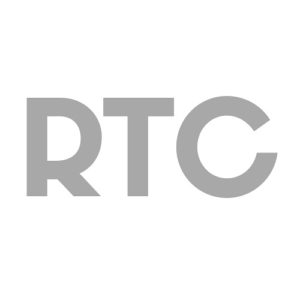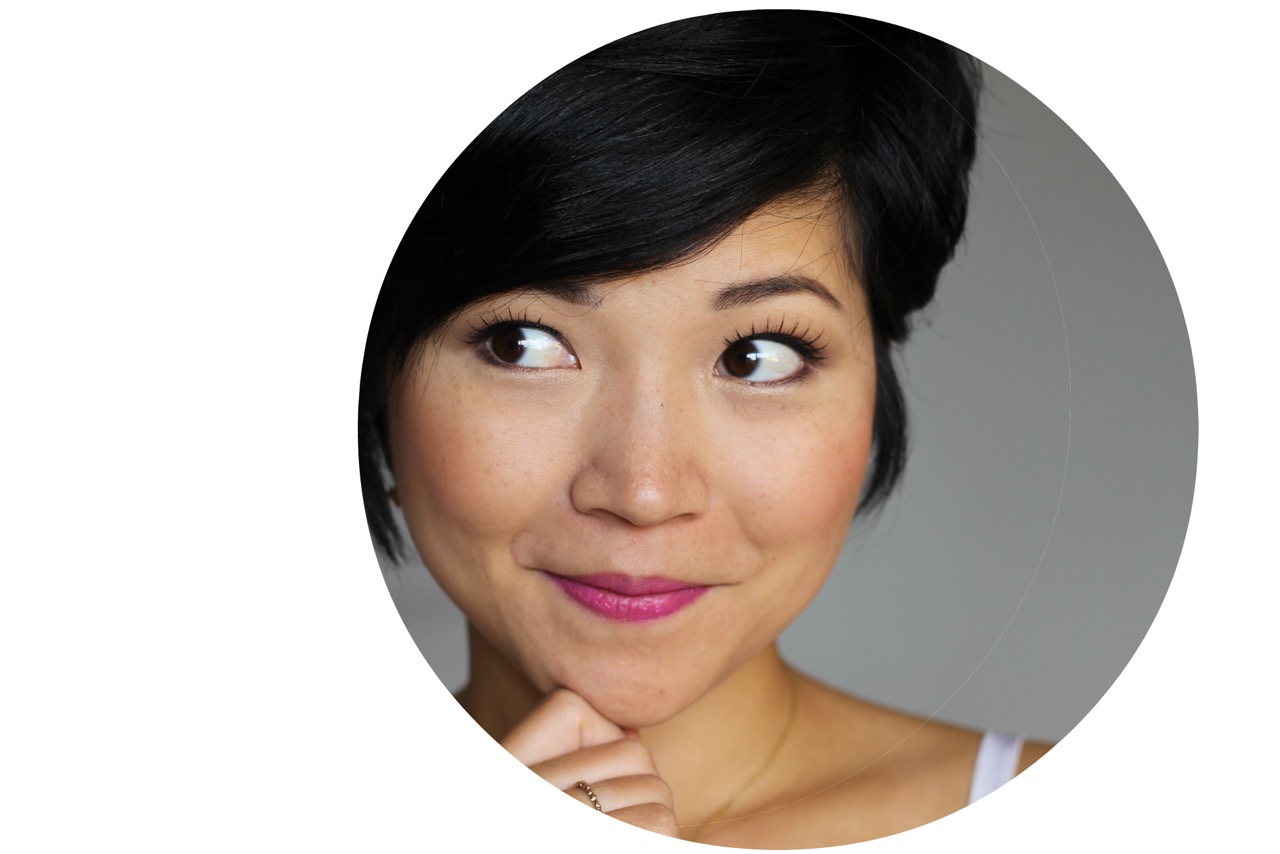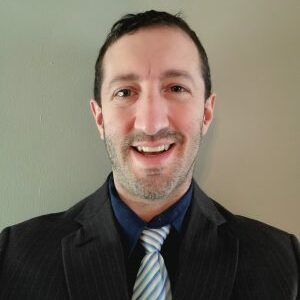
Know Your Blogger Series
Reverse the Crush

I originally started the RTC blog at the end of November 2015. It began as an outlet to document a mini retirement year off work and to discuss my investments.
As for the RTC name, it is based on the premise that traditional day jobs are soul-crushing. The work is unfulfilling and the schedules are not flexible. So, “Reverse The Crush” is a metaphor for reversing traditional, soul-crushing, unfulfilling work. Hence why the blog is about financial independence through blogging and investing.
The mission of RTC is to document the journey to financial independence through blogging & investing.
Check out our Q&A with Reverse the Crush here.
As for the RTC name, it is based on the premise that traditional day jobs are soul-crushing. The work is unfulfilling and the schedules are not flexible. So, “Reverse The Crush” is a metaphor for reversing traditional, soul-crushing, unfulfilling work. Hence why the blog is about financial independence through blogging and investing.
The mission of RTC is to document the journey to financial independence through blogging & investing.
Check out our Q&A with Reverse the Crush here.
Are you ready to change your path and unlock success by doing things differently? Check out this interview to Reverse the Crush!
Each week at Personal Finance Blogs, we publish interviews from amazing bloggers from the personal finance space. This week, we are featuring the blog, Reverse the Crush.
During these weekly features, we are hoping to provide a way for you to interact and learn more about different blogs in the personal finance space.
Below, you can read more about the story behind Reverse the Crush, learn about the author, and learn personal finance tips from Reverse the Crush to help you improve your financial situation.
A big thanks for Reverse the Crush for this interview! Now, we will turn it over to the author for this interview.
During these weekly features, we are hoping to provide a way for you to interact and learn more about different blogs in the personal finance space.
Below, you can read more about the story behind Reverse the Crush, learn about the author, and learn personal finance tips from Reverse the Crush to help you improve your financial situation.
A big thanks for Reverse the Crush for this interview! Now, we will turn it over to the author for this interview.
Tell us about Reverse the Crush
I originally started the RTC blog at the end of November 2015. It began as an outlet to document a mini retirement year off work and to discuss my investments.
As for the RTC name, it is based on the premise that traditional day jobs are soul-crushing. The work is unfulfilling and the schedules are not flexible. So, “Reverse The Crush” is a metaphor for reversing traditional, soul-crushing, unfulfilling work. Hence why the blog is about financial independence though blogging and investing.
The mission of RTC is to document the journey to financial independence through blogging & investing.
The goal of RTC is to help others learn how to build income streams through blogging and investing.
Through monthly dividend income updates and blogging as a side hustle, reversethecrush.com chronicles the journey to financial independence and shares different ways to gain more time now.
What makes you and your blog unique?
My background working in the financial services industry, my unique experiences, and my perspective on ways to gain more time now. Also, because I share detailed dividend income updates with real numbers to show how much income I earn.
I worked as a Mutual Fund Advisor and Stock Broker for a large Canadian bank from 2013 to 2016.
Then I took a mini retirement year off work in 2016. That unique experience helped form the theme for the blog.
After that, I went back to work full-time for nearly 3 years for another large Canadian bank.
While I was working for the bank from 2017 to 2019, I built additional income streams by dividend investing and blogging.
So near the end of 2019, I accepted a part-time job that allowed me to spend more time blogging. Now I’m on a slow financial independence journey.
Overall, my background in banking and my tested ways to add more flexibility make my blog unique. Through mini retirement, part-time jobbing, and building income streams, I have shown that it’s possible to achieve financial independence at any pace.
What does “being good with your personal finances” mean to you?
Being good with your personal finances means making smart decisions with money over time so that you will have more options and flexibility in the future.
It means paying yourself first is a habit. Investing, whether dividend stocks, indices, real estate, REITs, or businesses, is a habit.
And it also means avoiding bad debt and keeping your fixed expenses low.
What are some habits you practice to keep your personal finances in order?
The main habit I practice to get ahead financially is I pay myself first.
Each pay, I pay myself a percentage of my income into my TFSA, RRSP, and a high interest savings account.
By doing this regularly and making it a habit, I ensure that I get ahead financially, even if it is at a slower pace.
Otherwise, I invest regularly in my TFSA and RRSP. I dollar cost average into high quality blue chip stocks as cash from savings and dividends buildup.
Of course, none of this would be possible without a proper budget. I typically have a budget created for at least 1 month out.
And I try to avoid debt at all costs.
What are your three articles people should read to get to know you and your message better on your site?
The 11 Best Income Streams for Financial Independence: Since the blog is about building income streams to reach financial independence, this post is a great place to start. It provides different options to build income streams that will eventually add more flexibility and options to your life.
Dividend Income Updates: Next, I would recommend checking out my dividend income updates page, which is where I document how much money I earn from dividend investing.
This page links to every single dividend income update I’ve ever reported. As of now, there are 36 dividend income updates going back to June 2017.
Since dividend investing is my main strategy, and because I expect it to eventually be my primary income stream, I am chronicling my journey to show others how to make money from dividend investing.
Why Pursue Barista FIRE: Lastly, I would suggest ‘Why Pursue Barista FIRE’ because it is an example of an alternative way to gain more time now.
For those that don’t know, Barista FIRE is a way to retire early and have more time now, but it’s not full retirement. To support yourself financially, you work part-time.
Near the end of 2019, I accepted a part time job to have more time now. It is beginning to look like the best career decision I’ve ever made. The flexibility gained by working part-time has allowed me to spend more time on the blog. In turn, the e-mail subscription list doubled, and I’ve been able to increase blog income as well.
After testing out a mini retirement and part-time work, I prefer part-time because it is a way to gain more time but still maintain another income stream. Rather than feeling like you’re working all week for a weekend, it’s as if you’re off all week, but you work a couple days.
Flexible work is honestly a great solution for those that are too impatient to wait for financial independence.
For someone looking to improve their financial situation, what’s your best advice?
I believe in consistency over the long term and in building good habits.
So the first thing I would recommend is paying yourself first.
Start small if you have to. Start by saving 1% of your net income each pay. Just put it in a high interest savings account. If you are able to save 1% for 6 months, increase it to 2% and so on. Eventually, aim to save at least 10% of your income. The more, the better.
If you have debt, pay it off. Debt makes it harder to save money. I would also try to keep expenses low to have flexibility and options.
Otherwise, once you save enough money, you need to invest in income generating assets. I prefer dividend investing and REITs. But if you’re not an investment expert, you should invest in a S&P 500 Index fund, or perhaps rental properties.
In your opinion, what should you do first? Pay down debt, or invest?
I think you should always invest, no matter what.
So I believe in investing first, but if you have debt, I believe in investing while you pay down debt.
There are three main reasons why I believe you should save first:
- Build money saving habits
- Compound interest
- For more flexibility and options
If you always make it a habit to pay yourself first, you will always find a way to do that — no matter what. Then you will have money for compound interest to work, and for building additional income streams.
If I had paid off my student loan before saving, my year off would not have been possible. It would only have been possible by going back into debt.
What are your favorite personal finance books?
The Intelligent Investor by Ben Graham: If you want to understand investing and how the stock market works, I would highly recommend The Intelligent Investor. By reading this book, you learn how to analyze stocks and you obtain a set of rules to go by. I think every investor should read this book.
Rich Dad, Poor Dad: Rich Dad, Poor Dad is the book that got me interested in acquiring assets. I read it in 2011. It taught me how to view money. From that point on, I knew I needed to acquire income generating assets to have a shot at freedom. So I chose investing because it was the quickest, lowest-cost way to start acquiring assets. Rich Dad, Poor Dad is the book you read to get motivated. The Intelligent Investor is what you read after to learn how to invest.
One Up On Wall Street by Peter Lynch: To further my investment knowledge, I read One Up On Wall Street by Peter Lynch. It is a book about how small retail investors can gain massive advantages over Wall Street. This book will add an extra layer to your investment knowledge. And it will also teach you how to invest in a ten-bagger.
Common Stocks and Uncommon Profits: This is another book that is on the level of The Intelligent Investor, in my humble opinion. And Warren Buffet has kind things to say about this book too: “I sought out Phil Fisher after reading his Common Stocks and Uncommon Profits…A thorough understanding of the business, obtained by using Phil’s techniques…enables one to make intelligent investment commitments.” – Warren Buffet
What is your favorite investment class and why? (stocks, private business, bonds, real estate, crypto, precious metals, etc.)
I have to go with stocks because dividend investing is my main investment strategy.
Investing in stocks is one of the lower cost ways to acquire an asset, and it doesn’t take much time either.
Plus, quality blue chip stocks pay dividends, so it is a quick way to build an additional income stream. Some stocks increase their dividend annually as well, at a rate faster than inflation.
Investing in stocks is something that can be done from the comfort of your home. It just requires an effort to read and do research. And smart risk management.
But if I had to choose a second, I would pick a private business. I have always been interested in entrepreneurship, and I am in the process of building an online business.
A private, personal business can be an extremely fulfilling way to earn a living.
If you received a $5,000,000 windfall tomorrow, what would you do with the money?
Damn, I love this question!
First, I would buy a quality piece of real estate. I would probably buy a house in the East York area of Toronto. I have recently been looking out of curiosity, even though I’m not ready to buy—at all. But some of the houses I like cost $1.75 million.
I’d spend 1.75 million on real estate. That leaves $3.25 million.
Next I’d buy a Tesla Model S. I would buy a white one with dark interior. That would cost approximately $120,000, based on the last time I looked.
So remaining is $3,130,000.
Of course, I need income to live off. I would consider keeping my job, because it is flexible and well paying. But, to boost my income, I would invest $2,130,000. I would invest it in mostly dividend stocks, but I would have 10% growth stocks, and a portion in index funds as well. But with over 2 million invested, I could easily generate more than $80,000 annually from dividend investing.
After investing, buying a Tesla, and buying a house, I would have $1 million left.
Invest in my blog. In addition to buying stocks, I would set aside 50,000 to invest in my online business and blog full-time.
Leftover: $950,000
Apple stuff. I would buy a new MacBook, iPhone 12 (when it’s out), Apple Watch, and iPad Pro. Let’s call it 10k.
Remaining: $940,000
Family. To keep it fair, I would just give close family members all an equal amount. Everyone would get $100,000 each. In total, 6 other people would get $100,000.
So now just $340,000 is left.
Donate. I would donate $140,000 to a charity. A good portion would go to Black Lives Matter, and I would also allocate funds to a charity for animals.
Finally, I would spend $100,000 on travel, and $100,000 on clothes.
Why do you believe learning about money and caring about personal finance is important?
It is important to learn about money and care about personal finance to help others.
After you learn about money, you realize that money is a tool to live the type of lifestyle you want.
But if you never have the opportunity to understand money, you could be headed towards a never-ending pile of debt. While I was working in the financial services industry, I learned that most people view income in terms of how much they can afford. So a raise at work means they can afford a new car payment.
However, if you begin to understand how money can be used to build income streams, it can change your perspective. Instead of new car, you see expensive car loan that subtracts from income.
With simple saving techniques and investing, you can build income streams that provide the flexibility to live life on your own terms.
It’s a much better way of life compared to endless payments holding you down.
How You Can Contact Reverse the Crush for More Information
You can learn more about Reverse the Crush at https://www.reversethecrush.com/, like them on Facebook at https://www.facebook.com/reversethecrushblog/, and follow them on Twitter at @Reversethecrush.
Thank you for reading this interview, and thank you, Reverse the Crush, for providing us with some great personal finance tips!


